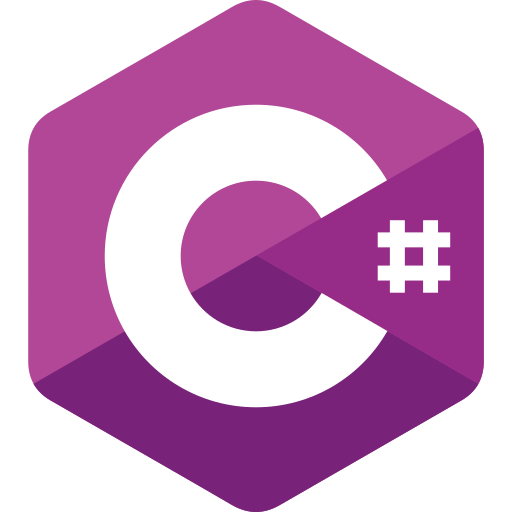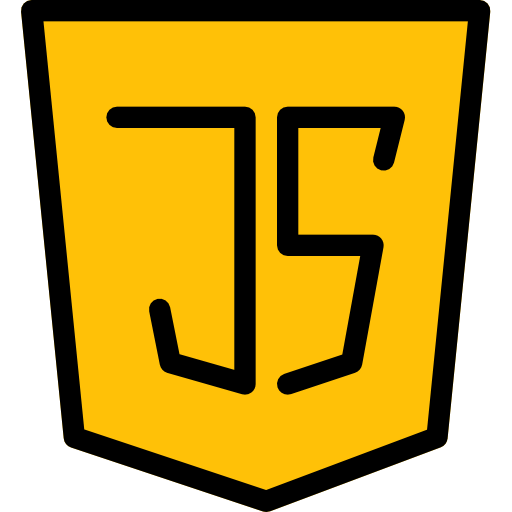Use this free online tool to convert C code to Rust with just one click!
Here's how:
1. Type or paste your C code into the input box.
2. Click the 'Convert' button.
3. See your Rust code appear in the output box.
1. Type or paste your C code into the input box.
2. Click the 'Convert' button.
3. See your Rust code appear in the output box.

To

Key differences between C and Rust
| Characteristic | C | Rust |
|---|---|---|
| Type | Compiled, statically-typed programming language | Compiled, statically-typed programming language |
| Memory Management | Manual (using malloc/free) | Automatic (Ownership model with borrow checker) |
| Platform Dependency | Platform-dependent (compiled to machine code) | Platform-independent (compiled to machine code) |
| Syntax and Features | Procedural programming, supports pointers, no built-in support for OOP | Modern syntax, pattern matching, algebraic data types, memory safety without garbage collector |
| Compilation | Compiled to native machine code | Compiled to native machine code |
| Standard Library | Standard C Library (stdlib) for basic functions | Rust Standard Library with powerful features like iterators, concurrency primitives, and memory management utilities |
| Object-Oriented Programming | Does not support object-oriented programming natively | Supports object-oriented programming through traits and implementation blocks |
| Concurrency | Requires libraries for multithreading support (e.g., pthreads) | Built-in support for safe concurrency using ownership and thread safety guarantees |
| Use Cases | System software, embedded systems, real-time applications | System software, web servers, embedded systems, safety-critical applications |
| Performance | Typically faster, closer to hardware | Generally comparable to C, with additional safety guarantees |
Explore Our Ready-to-Use Converters via the Links Below
Convert From Java


Convert From C#


Convert From C++


Convert From GoLang


Convert From JavaScript


Convert From C



